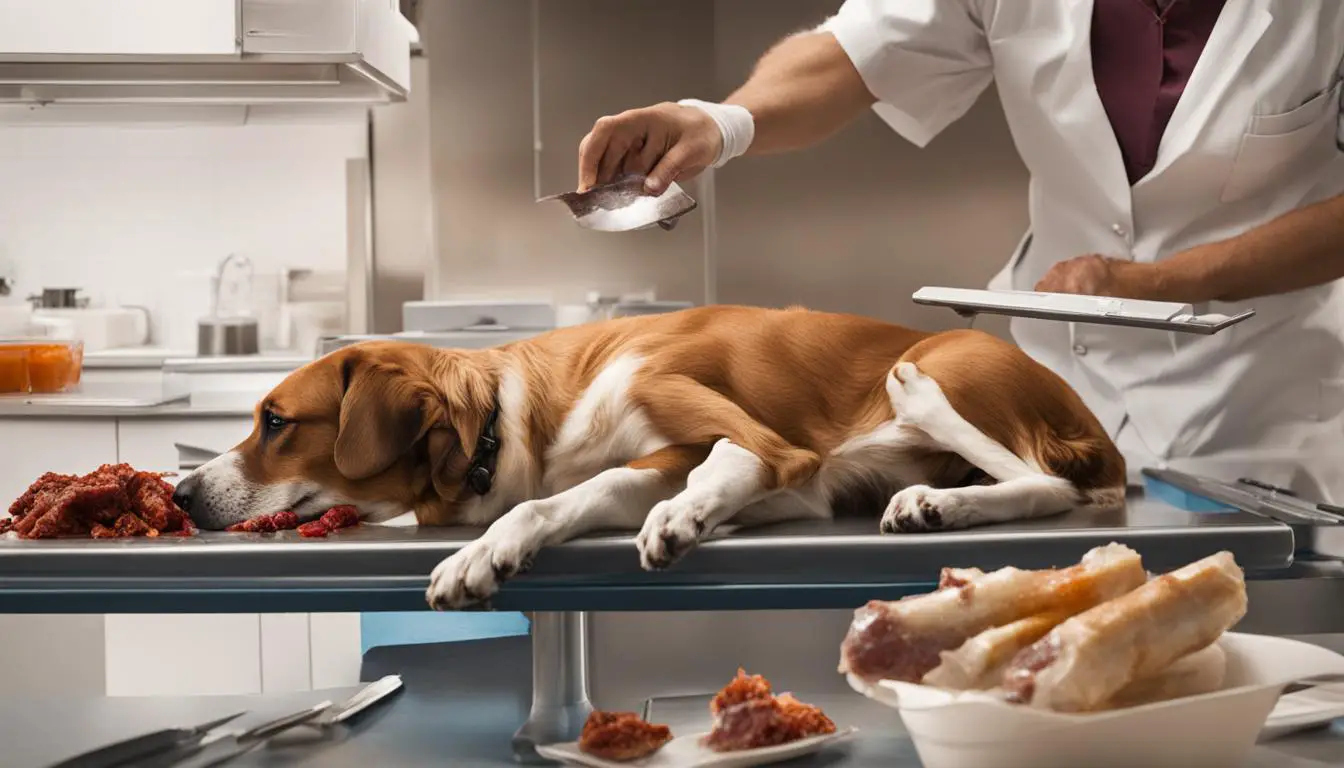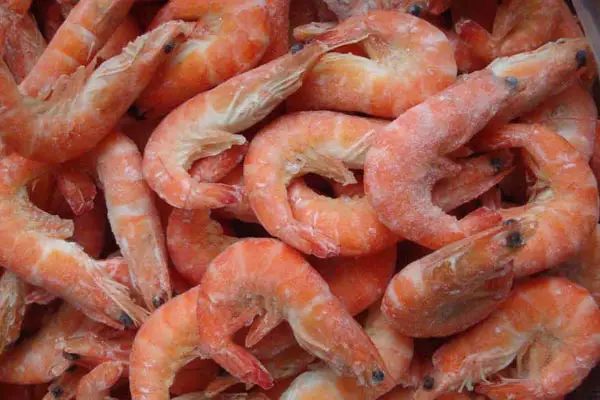Can Dogs Eat Cooked Turkey Bones? A Comprehensive Guide
While turkey is not toxic to dogs, the safety of cooked turkey bones is a concern. This comprehensive guide will provide insights into the risks associated with dogs consuming cooked turkey bones and alternative options to ensure their nutritional needs are met without compromising their health.
Feeding dogs cooked turkey bones can lead to various health issues, including mouth and tongue injuries, obstruction of the throat or intestinal tract, and even life-threatening emergencies that require immediate surgery. It is crucial to keep cooked turkey bones out of reach and avoid feeding them to dogs.
However, there are alternatives to consider. This guide will explore safe and enjoyable options for your furry friends, including dog-friendly Thanksgiving treats and plain leftover turkey meat without bones.
It is important to note that certain human foods can be toxic to dogs, so it’s essential to ensure any food offered to them is safe for consumption.
While plain turkey meat can benefit dogs as a source of protein and essential nutrients, it is crucial to consult a veterinarian before incorporating it into their diet. Preexisting health conditions and specific dietary needs should be considered for a well-balanced and safe approach.
When feeding dogs turkey, specific guidelines should be followed to ensure their safety, including removing the turkey skin and feeding them small portions of plain meat. It’s also essential to ensure that no cooked turkey bones are included in the portion fed to them.
The Risks of Feeding Dogs Cooked Turkey Bones
Feeding dogs cooked turkey bones can result in various risks and complications. Cooked bones can splinter easily, leading to potential injuries in the mouth and throat. The sharp fragments of bones can also cause tears or blockages in the intestinal tract, which may require surgical intervention.
Additionally, the consumption of cooked bones can cause constipation, rectal bleeding, and digestive upset. It is essential to prioritize dogs’ safety and avoid feeding them cooked turkey bones.
When dogs chew on cooked bones, they can break into small, sharp pieces that can cause injury or become lodged in their digestive system. These splintered bones can puncture the mouth, esophagus, stomach, or intestines, causing severe pain and internal damage.
This can lead to life-threatening conditions such as peritonitis, a severe inflammation of the abdominal cavity, which requires immediate medical attention and often surgery.
Dogs’ digestive systems are also not well-equipped to handle cooked bones. The bones can create obstructions or blockages in their gastrointestinal tract, causing discomfort, pain, and potential infection.
Constipation and rectal bleeding can occur as a result of these blockages. In some cases, surgery may be necessary to remove the obstruction and repair any damage caused by the bones.
| Risks of Feeding Dogs Cooked Turkey Bones | Potential Complications |
|---|---|
| Bone splintering | Mouth and throat injuries |
| Intestinal blockages | Tears or punctures in the digestive tract |
| Constipation | Rectal bleeding |
| Obstruction of the digestive system | Digestive upset |
Alternatives to Feeding Dogs Cooked Turkey Bones
Regarding Thanksgiving, many pet owners want their dogs to join the feast. However, it’s essential to know that cooked turkey bones can be dangerous for dogs. Instead of risking their health, several alternatives can be just as enjoyable for our furry friends.
1. Dog-Friendly Thanksgiving Treats
One option is to provide dog-friendly Thanksgiving treats. There are specially-made turkey treats available, which are specifically designed to be safe and enjoyable for dogs.
These treats are often made with healthy ingredients for dogs, ensuring they can still enjoy the flavors of Thanksgiving without any risks.
2. Leftover Turkey Meat
If you have leftover turkey meat from your Thanksgiving feast, you can safely feed it to your dog. However, ensuring the turkey is plain and free from any seasonings or excessive fat is essential.
Seasonings like onions and garlic can be toxic to dogs, so avoiding using them is essential. Additionally, remove any bones from the turkey before serving it to your dog.
3. Safe Human Food for Dogs
Certain human foods can be safely shared with dogs during Thanksgiving. Some examples include plain, cooked sweet potatoes, green beans, and pumpkin.
These foods can be served to dogs in small portions as long as they are free from added salt, seasonings, or excess fat. Always double-check that the human food you want to share with your dog is safe for their consumption.
The Verdict on Feeding Dogs Turkey
Dogs can safely consume plain turkey meat as part of their diet. Turkey is a good source of protein and contains essential nutrients that can benefit dogs.
However, it is essential to remember that not all turkey preparations are safe for dogs. To ensure the well-being of your furry friend, there are a few key considerations to keep in mind.
Firstly, feeding dogs plain turkey meat without added salt, fat, or seasonings is important. These additives can harm dogs and cause digestive upset or other health issues. Plain turkey meat, either boiled or roasted, can be a healthy addition to a dog’s diet in moderation.
Being mindful of portion sizes when feeding dogs turkey is also crucial. While turkey meat can provide essential nutrients, overfeeding can lead to weight gain and other health problems.
It is recommended to consult with a veterinarian to determine the appropriate portion size based on your dog’s size, age, and activity level.
Lastly, if you plan to incorporate turkey into your dog’s diet as a regular part of their meals, it is essential to consult with a veterinarian. A vet can provide personalized guidance and ensure turkey consumption suits your dog’s needs and health conditions.
Possible Table
| Benefits of Feeding Dogs Turkey | Considerations |
|---|---|
|
|
Tips for Safely Feeding Your Dog Turkey
Feeding your dog turkey can be a special treat for them, but following specific guidelines is essential to ensure their safety and well-being. Here are some tips to help you safely feed your dog turkey:
Remove the turkey skin: While it may be tempting to leave the skin on the turkey when feeding it to your dog, it’s best to remove it. Turkey’s skin is high in fat and can potentially cause pancreatitis in dogs, which is a severe inflammation of the pancreas.
Feed small portions: When introducing turkey to your dog’s diet, start with small portions. This allows their digestive system to adjust and reduces the risk of any gastrointestinal upset. Monitor your dog closely for any signs of discomfort or adverse reactions.
Avoid cooked turkey bones: It cannot be stressed enough that they should never be fed to dogs. As mentioned earlier, cooked bones can splinter easily, pose a serious choking hazard, or cause internal injuries. Always ensure that the turkey you feed your dog is bone-free.
Conclusion
In conclusion, it is crucial to prioritize the safety and well-being of our canine companions when feeding them turkey. While plain turkey meat can be beneficial to a dog’s diet, exercising caution and avoiding feeding them cooked turkey bones is essential.
Cooked bones can pose significant risks, including choking, intestinal blockages, and gastrointestinal injuries. Therefore, it is essential to keep cooked bones out of reach and refrain from offering them to dogs.
If you have any concerns or questions about feeding turkey to your dog, it is always advisable to consult a veterinarian.
They can provide personalized guidance and advice based on your dog’s needs, ensuring you can safely incorporate turkey into their diet.
FAQ
Can dogs eat cooked turkey bones?
No, feeding dogs cooked turkey bones can pose serious risks, including choking, intestinal blockages, and gastrointestinal injuries.
Are cooked turkey bones safe for dogs?
No, cooked turkey bones can splinter easily and cause injuries in the mouth and throat, as well as tears or blockages in the intestinal tract.
What are the risks of dogs eating cooked turkey bones?
Feeding dogs cooked turkey bones can lead to mouth and tongue injuries, obstruction of the throat or intestinal tract, choking, piercings of the stomach and intestine lining, constipation, rectal bleeding, and even blockages that may require emergency surgery.
What are the alternatives to feeding dogs cooked turkey bones?
Dog-friendly Thanksgiving treats or dog-safe versions of traditional Thanksgiving dishes can be a safe and enjoyable option. Leftover turkey meat without bones can also be served as long as it is plain and free from any seasonings or excessive fat.
Can dogs eat turkey leftovers?
Yes, dogs can safely consume plain turkey meat without bones, as it is a good source of protein and essential nutrients.
Is turkey good for dogs?
Yes, plain turkey meat can be beneficial for dogs as a source of protein. However, it is essential to ensure it is plain and free from added salt, fat, or seasonings.
How to safely feed your dog turkey?
It is essential to follow specific guidelines: remove the turkey skin, feed dogs small portions, and ensure no cooked turkey bones are included or attached to the turkey portion.
Should I consult with a vet about feeding my dog turkey?
Yes, it is crucial to consult with a veterinarian before incorporating turkey into a dog’s diet, especially if they have preexisting health conditions. A vet can provide personalized guidance and advice based on the dog’s needs.






